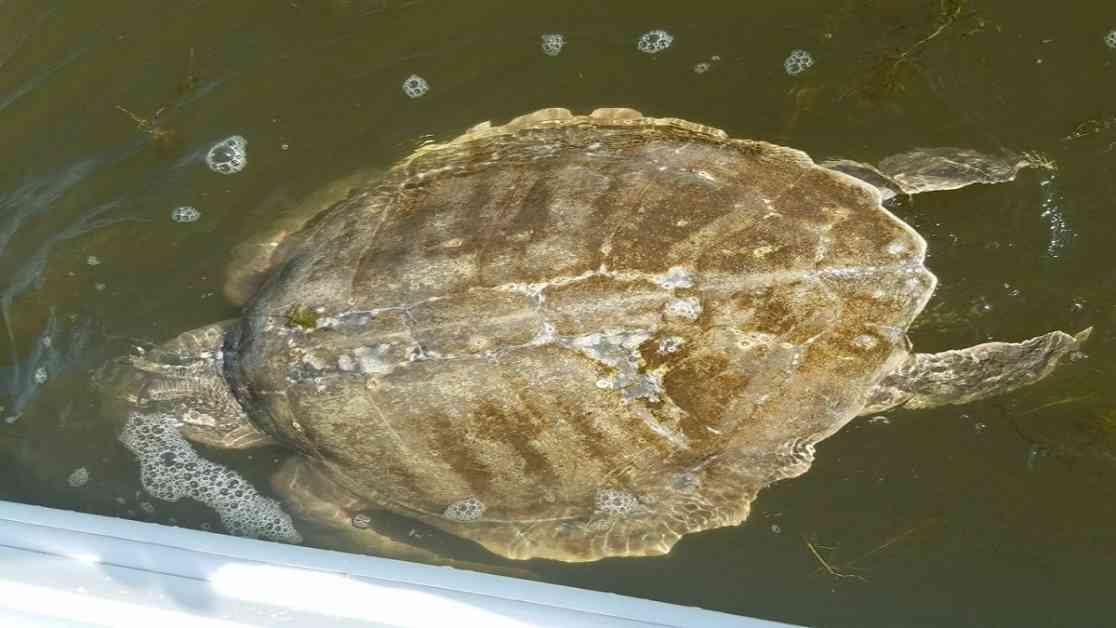Protecting Cold-Stunned Animals: Essential Tips for Marylanders – Southern Maryland Wildlife Guide
The Maryland Department of Natural Resources (DNR) is issuing a crucial call to action for residents and visitors along the Chesapeake Bay and Atlantic coast. It is imperative to keep a keen eye out for sea turtles and other marine animals displaying symptoms of cold-stunning. This perilous condition, brought on by prolonged exposure to chilly water temperatures, renders these creatures weak, unresponsive, and susceptible to harm or fatality.
What is Cold-Stunning and Why is it Dangerous?
Cold-stunning typically arises in late autumn and early winter when water temperatures plummet significantly or abruptly within a 24-hour span. Sea turtles, which lack the ability to regulate their internal body heat, become lethargic and may wash ashore or drift listlessly in the water. If left unattended, this condition can prove fatal. In the current year alone, the Stranding Response Program has documented a staggering 858 instances of cold-stunned sea turtles nationwide as of December 12. Massachusetts reported the highest number, with over 700 turtles stranded along its shores.
Protecting Vulnerable Marine Life: Your Role as a Marylander
Although sea turtles are the primary victims of cold-stunning, other species such as West Indian manatees are also at risk. A prominent case from November 2016 involved a cold-stunned manatee found deceased at the Dundalk Marine Terminal. While manatee sightings are infrequent in Maryland, they underscore the importance of remaining vigilant.
If you come across a sea turtle or marine mammal exhibiting signs of illness, unresponsiveness, or stranding, it is crucial to maintain a safe distance. Approaching the animal could induce further stress or harm. Instead, promptly contact the Maryland Natural Resources Police Hotline at 800-628-9944. This hotline operates round-the-clock, ensuring that trained professionals can initiate swift responses.
Legal Protections and Conservation Efforts
Both marine mammals and sea turtles fall under the protection of federal laws. The Endangered Species Act shields sea turtles, while the Marine Mammal Protection Act safeguards species like dolphins, whales, and manatees. Any form of harassment, feeding, or collection of these animals or their remains can result in fines, imprisonment, and the seizure of vessels or property.
During the cold-stunning season, Marylanders play a pivotal role in safeguarding marine life. Boaters, anglers, and beachgoers are urged to remain vigilant for distressed animals. Reporting sightings enables experts to intervene promptly, potentially saving lives. The Maryland Department of Natural Resources and its partners remain steadfast in their commitment to marine conservation. Stranding Response Teams collaborate closely with the National Oceanic and Atmospheric Administration (NOAA), relying on timely updates to monitor cold-stunning trends and mount effective responses.
For comprehensive insights on cold-stunning, marine animal protection, and avenues to support conservation, visit the Maryland DNR website or NOAA’s Stranding Response resources. Your vigilance can significantly contribute to preserving Maryland’s marine ecosystems.















